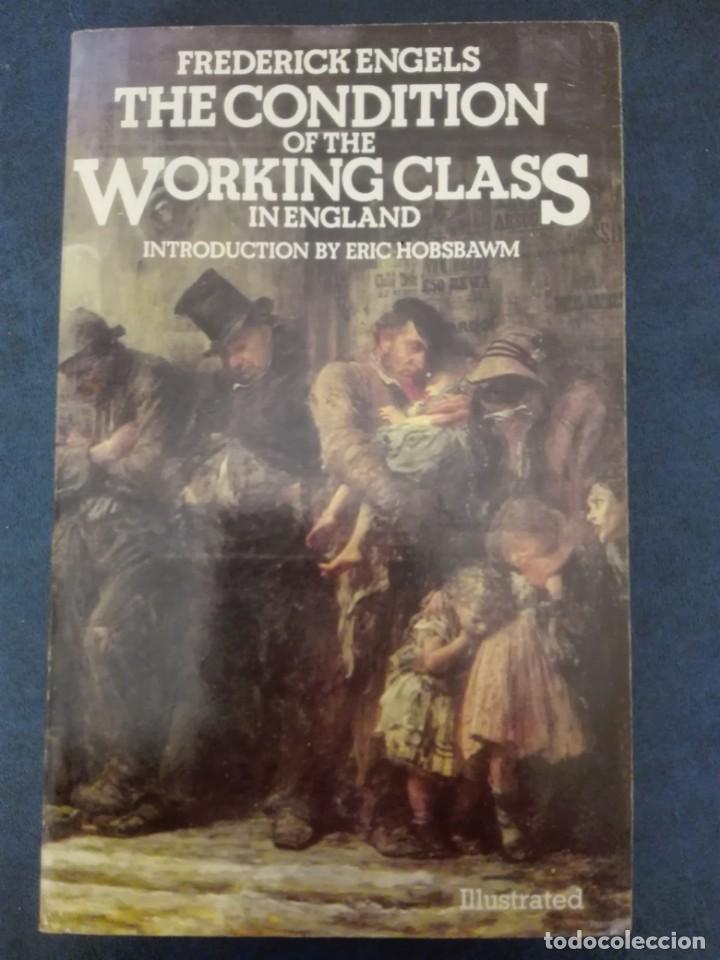

Engels wrote pamphlets attacking Schelling’s views and read Feuerbach’s Essences of Christianity, a socially liberal atheistic critique of Hegel, which along with Hegelian philosophy was to be a major influence on his ideas. In 1841 Engels served for a year in the Prussian army, enabling him to live in Berlin and meet the Young Hegelians at the University of Berlin, where he listened to the lectures of Frederich Schelling, an anti-Hegelian philosopher, who also influenced Carlyle as well as Kierkegaard, Henry Burckhardt, and Bakunin. Yet the “Letters” were largely devoted to attacking the middle class rather than describing the conditions of laborers by the Condition the proportions had shifted. His first published writings were a series of “Letters from the Wuppertal” which appeared in 1839 in the Telegraph fur Deutschland these anticipate several features of The Condition of the Working Class (Marcus, 77). Engels and his father were deeply opposed, yet Friedrich spent his life working in the Engels and Ermen cotton mills, and although his parents were outraged by his views they never ceased their financial support.Įngels displayed an early interest in literature, writing stories and poems which frequently included some reference to commerce.

He attended a gymnasium but not university (the reasons for this are debated), and worked for his father’s firms in Barmen from 1837-38, and then for three years worked in an office in Bremen. It is recorded that as a child he often gave his savings to the poor. His parents were strict Calvinist Pietists and Engels rebelled against their religion and way of life. Thus Engels was never unfamiliar with industrial life. This was unusual in Germany-Barmen was one of the first areas in Germany to undergo thorough industrialization. Engels was born in 1820 in Barmen, in the Rhineland, the eldest son of a prosperous mill owner whose father and grandfather had also owned textile mills.


 0 kommentar(er)
0 kommentar(er)
